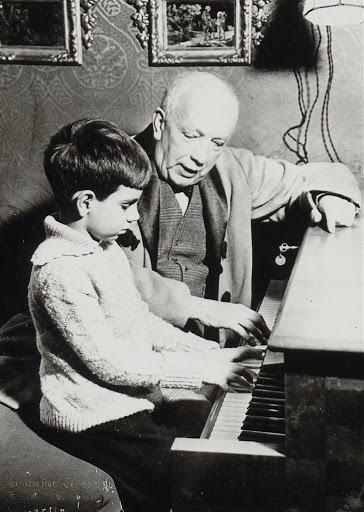All shall have prizes, from Yannick to Anna
mainThe state of Hesse has awarded Yannick Nézet-Séguin the Rheingau Musik Preis 2018, worth 10,000 Euros.

The Netrebkos have been gonged by Azerbaijan. Yusif has been named People’s Artist of Azerbaijan by President Ilham Aliyev and Anna was awarded the Order of Friendship for strengthening relations with Russia.
The German Film Music Award will go this year to a British composer, Rachel Portman.
The $30k Solti grant has gone to a Minnesota baton.
The Swiss federal ministry for culture has given its SFr 25,000 Grand Prize to a jazz pianist, Irene Schweizer. Lesser winners include the composers Dieter Ammann and Thomas Kessler, the lutenist Luca Pianca and the Mondrian Ensemble.





Comments